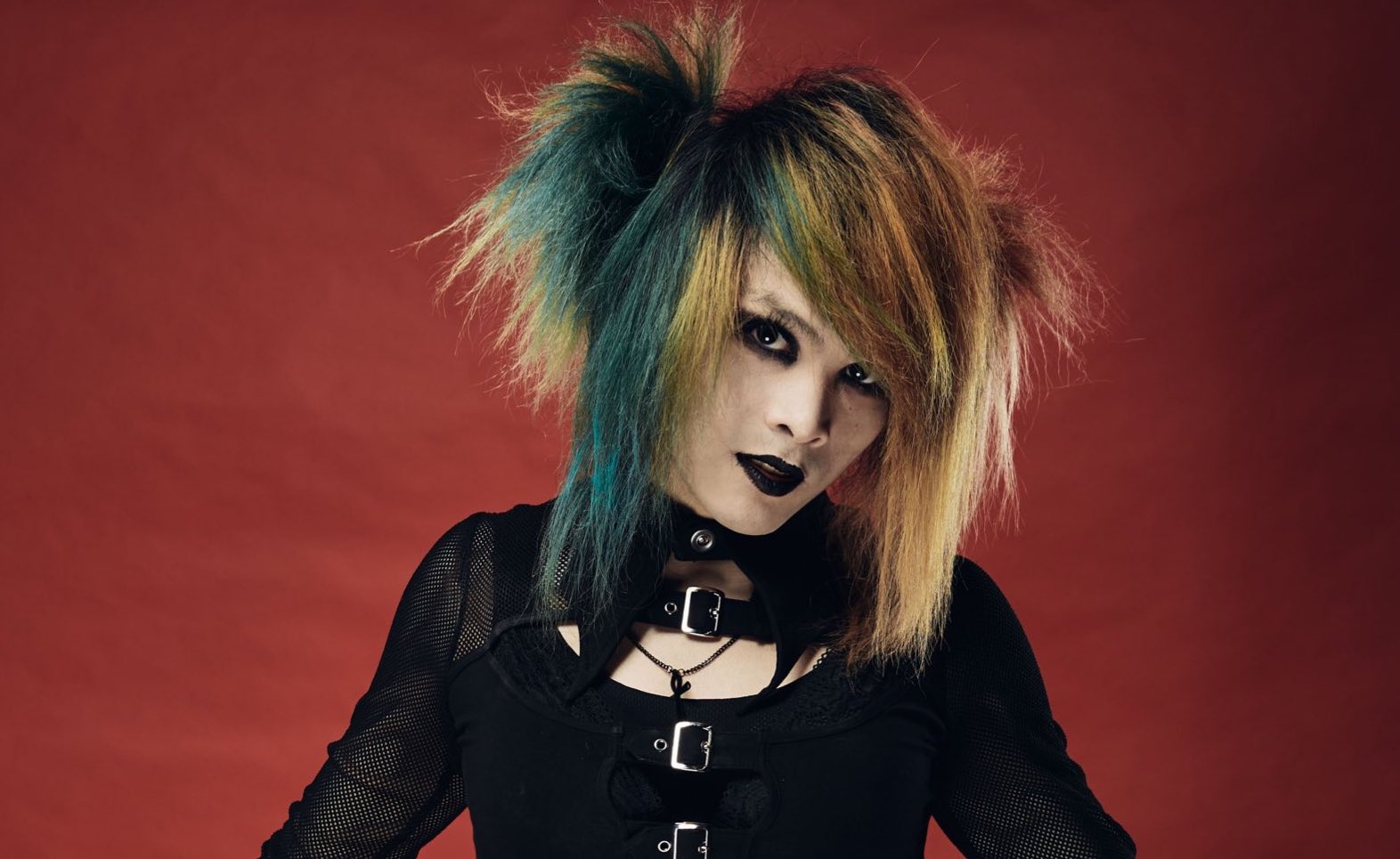It’s safe to say I just witnessed the first ever keyblade battle between pro wrestlers in a baseball stadium. This was at Vancouver’s Nat Bailey Stadium on a recent hot Saturday afternoon where the combatants wielded fantasy weapons found in the popular role-playing game Kingdom Hearts.
Not that the Vancouver Canadians baseball players who usually call the stadium home haven’t had their own fun over the years, I’m sure. But I doubt any of them wielded giant anime swords in an epic battle for wrestling dominance that took combatants through the bleachers, into the crowd of hundreds of people and off of precarious ledges en route to a freestanding wrestling ring in the middle of the field where they continued to impress with flips, kicks and diving drops.
But as unique as that experience was for the day and the place—and frankly, my life—it’s pretty run-of-the-mill for Kidd Bandit. While Bandit technically lost Saturday’s Nation Extreme Wrestling match to Vancouver’s Jacky Lee (in pro wrestling you have to know the hometown hero will likely come out on top), they continue to win when it comes to spreading trans joy in the sport that they describe as being inherently queer.
“Wrestling is action theatre and wrestlers are just jock theatre kids,” they say. “And there’s nothing more queer than theatre. Wrestling is a form of self-expression and performance art.”
Over the past year, Kidd Bandit has skyrocketed to international renown in the indie pro wrestling scene and over their popular social media channels where they’ve cultivated a rabid fan base and thousands of followers. They’ve performed at wrestling events across North America and are set to take on Europe later this fall.
“Wrestling is action theatre and wrestlers are just jock theatre kids.”
Originally from Calabarzon in the Philippines, Bandit says their family didn’t have cable growing up to watch wrestling live on TV. But the young Bandit grew up playing the WWE SmackDown! vs. Raw game on the PlayStation Portable, alongside binge-watching tape-delayed recordings of WWE SmackDown! throughout the ’00s.
“I was just playing nonstop. That’s how I grew to love wrestling—through the eyes of a video gamer,” they say.
The increasing diversity in professional wrestling in the 2010s, specifically the emergence of Nyla Rose, who was the first openly trans woman to sign with a major wrestling promoter, inspired Bandit to take up the sport themself.
After moving to Los Angeles, they started training at the Santino Bros. Wrestling Academy in 2019—right around the time of Rose’s professional debut in All Elite Wrestling (AEW). But Bandit’s training was cut short by the pandemic. When some things began to reopen, they were accepted to train under WWE wrestler Cody Rhodes at his Nightmare Factory studio in L.A. where they graduated in the spring of 2021. They chose the tagline “The Protagonist of Pro Wrestling” and their kick-heavy performance style, alongside their signature mop of brightly coloured hair, as a nod to their love of anime and gaming.
“There are people who are like me that spent a big chunk of their life being into the things that they’re into and instead of being venerated, they were ridiculed. But now more people accept how cool it is to be into anime or into video games,” they say. “I want people to feel validated that it is okay for them to be and do the things that they got made fun of this whole time, because now things are different, times are different.”
On the back of those anime-inspired kicks, flips and slams, Bandit has seen a meteoric rise through professional wrestling over the past year and a half, being named the Southern California Rookie Wrestler of the Year for 2021, and making televised appearances for AEW alongside performing at events across North America.
“I got to kick Cody Rhodes on live TV while he was the vice-president of AEW, the company that booked me,” they say. “I got to kick him in the head with an anime move. We live in a timeline where a big giant weeb like Kidd Bandit was able to kick one of the biggest wrestling stars in the history of our generation.”
Since coming out as transfeminine and non-binary Bandit says it hasn’t always been easy, but they’re grateful for the support of their community.
“As for being a trans wrestler, I have it way easier than a lot of my peers because of my popularity. There are a lot of trans wrestlers out there who are not even out or they’re afraid of being trans in wrestling because they’re afraid of the repercussions,” they say. “I’m not untouchable, but because I am a bigger name now in the industry and I have such a huge social media following, I’m kind of protected and I’m very aware of that.”
Still, they say they feel a lot of pressure to represent the queer and trans community well in this current moment where trans people are under constant attack.
“Every step I take, I have to be perfect—I can’t give any ammunition against the entire community,” they say. “I am not just representing myself, I’m representing the people who follow me who are my fans, who are similar to me in terms of being queer as a wrestler, or the Asian aspect of it … I just can’t mess up. And it’s a lot of overwhelming pressure for someone so new in the industry.”
And as for advice for the future non-binary anime pro wrestlers? Bandit says that it may be cliché, but staying true to yourself is the most important thing.
“If you’re pursuing something, and you know you’re a minority there … you have to recognize what you are. You have to be proud of that, you have to be because it’s part of you,” they say. “And ultimately, seeing your success will inspire others like you, and you have to hold on to that.”


 Why you can trust Xtra
Why you can trust Xtra


